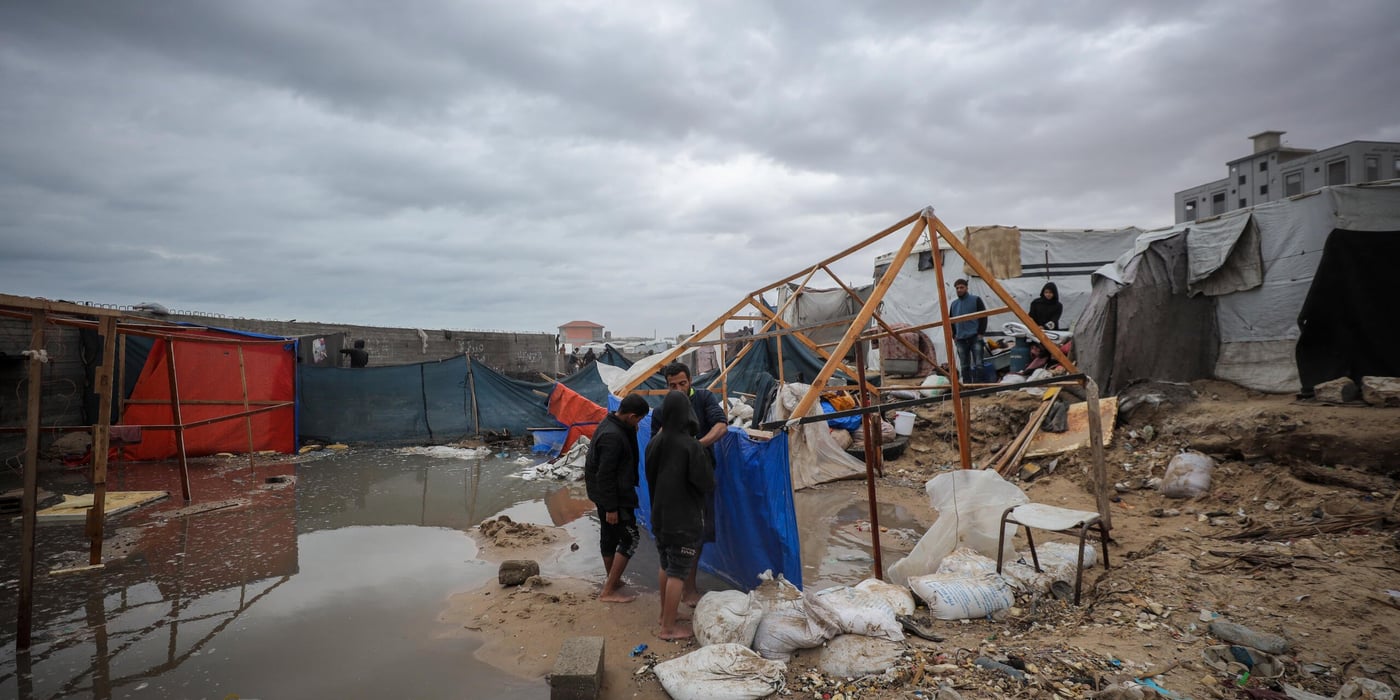Ongoing demolitions and threats of forcible transfer, amid plans for Israel’s next government to unilaterally annex large parts of the West Bank, jeopardises the health and safety of thousands of Palestinians. A land grab would not only disenfranchise Palestinians and erode their hopes for genuine self-determination, but also sever coordination between Israeli and Palestinian authorities necessary to counter the spread of Covid-19 among both peoples.
“It is Israel’s legal obligation to protect the health and life of Palestinians under occupation,” said Jan Egeland, Secretary General of the Norwegian Refugee Council (NRC). “We urge Israeli authorities to immediately cease the unlawful destruction and seizure of property in the West Bank, including humanitarian relief items. This is not the time to undermine global efforts to prevent the spread of the coronavirus.”
“The international community must act to ensure Israel abides by international law and joins the global call to end political conflicts to fight the pandemic, rather than escalate the vulnerability of Palestinians under occupation,” said Egeland.
Since Israel confirmed its first case of Covid-19 on 21 February, the UN reported that the Israeli Civil Administration (ICA) demolished 69 structures in the West Bank, including East Jerusalem. This forcibly displaced 63 people and affected 417 others. The structures included 28 residential properties and seven water, sanitation and hygiene facilities. Donor states had provided a third of the destroyed or seized structures as humanitarian relief.
While the ICA confirmed on 7 April that it will not destroy inhabited residential property in the West Bank to mitigate the spread of the coronavirus, it did not extend the freeze to other structures, including infrastructure such as critical WASH facilities, essential to prevent infection.
Restrictions imposed by Israeli and Palestinian authorities to contain Covid-19 have isolated vulnerable communities from local markets and crippled their capacity to earn a living. In contrast to the stimulus package passed to support the Israeli economy and population under strain from public health measures, Israel has demolished 28 Palestinian agricultural and livelihood structures in Area C, exacerbating affected families’ ability to provide for themselves and their communities. Israel has further failed to prevent settler violence against Palestinians and their property, with the UN reporting a surge in attacks since the outbreak of Covid-19.
Note to editors:
- International humanitarian law (IHL) requires Israel, as the occupying power, to protect the population of the territory that it occupies, and ensure the welfare and wellbeing of Palestinians, as well as respect for their human rights. Israel has a legal obligation to ensure and maintain health facilities, services, and supplies in occupied Palestinian territory. If unable to adequately provide for the needs of the occupied population, Israel must allow and facilitate rapid and unimpeded humanitarian relief.
- Destruction of property, including humanitarian relief consignments, by the occupying power is prohibited, except for reasons of imperative military necessity, and amounts to a grave breach of the Fourth Geneva Convention. Demolitions combined with other factors, such as the denial of basic service infrastructure, including water, sanitation, and community health care facilities, aggravate the coercive environment in which Palestinians throughout the West Bank live, generate a risk of forcible transfer, and contribute to the spread of Covid-19.
For interviews, please contact:
- Karl Schembri, Media Adviser, +962 7902 20159, karl.schembri@nrc.no
- Global media hotline in Oslo on +47 905 62 329, email media@nrc.no



